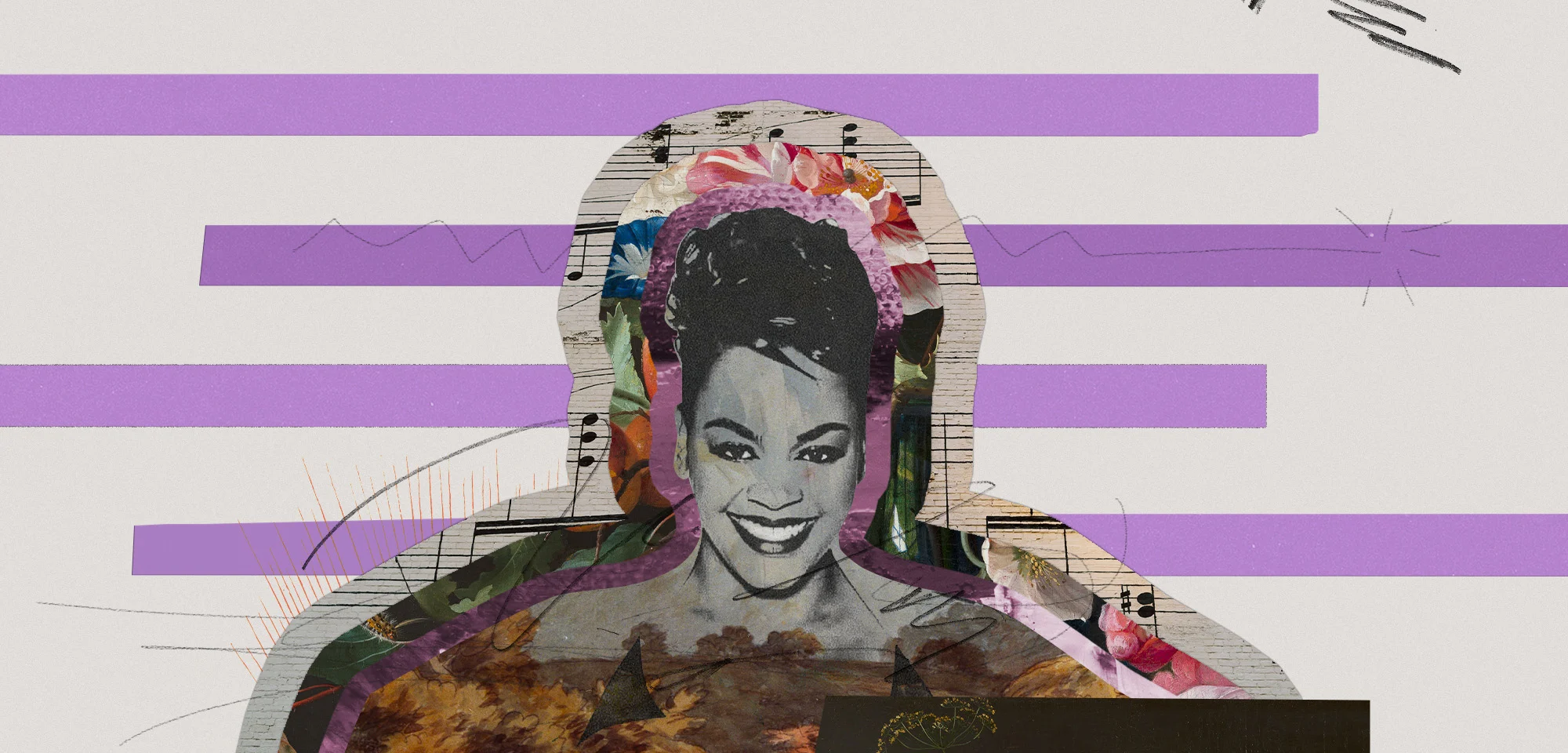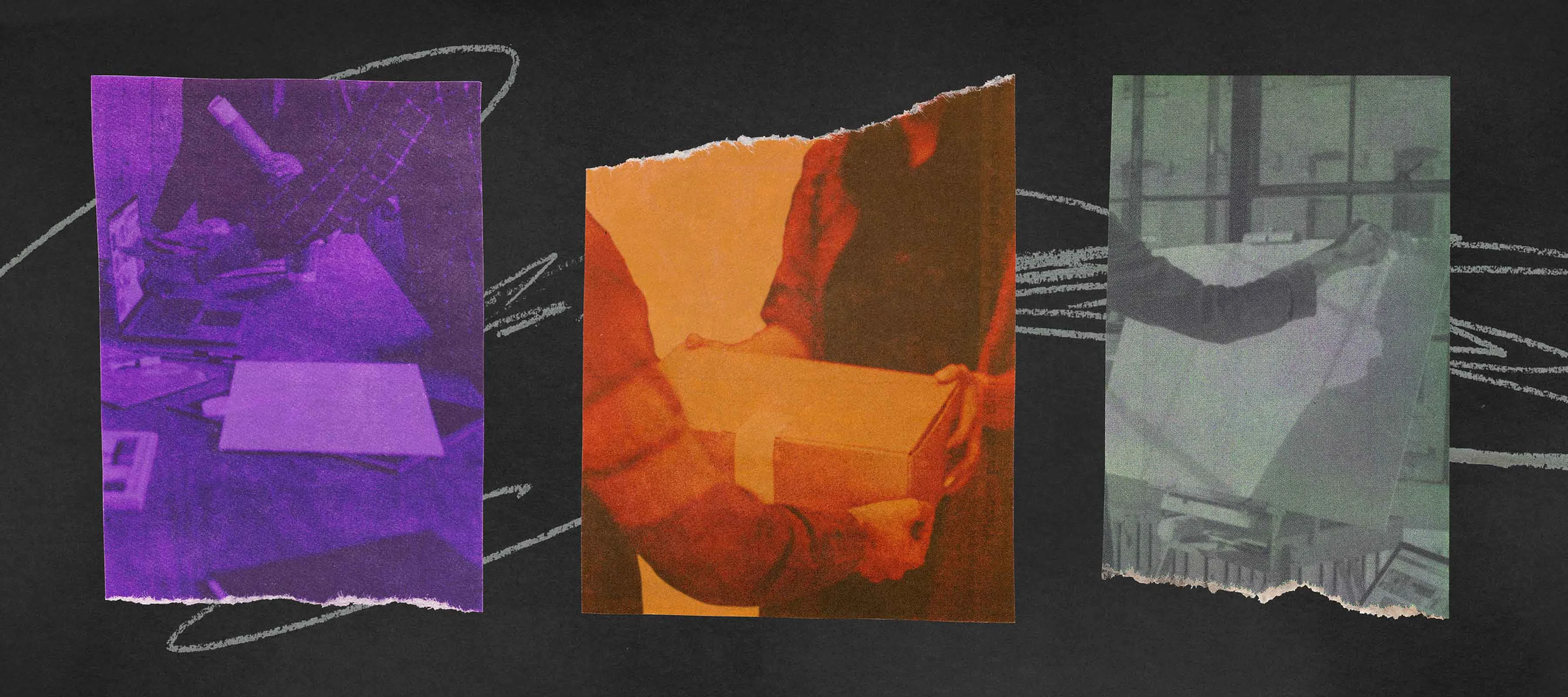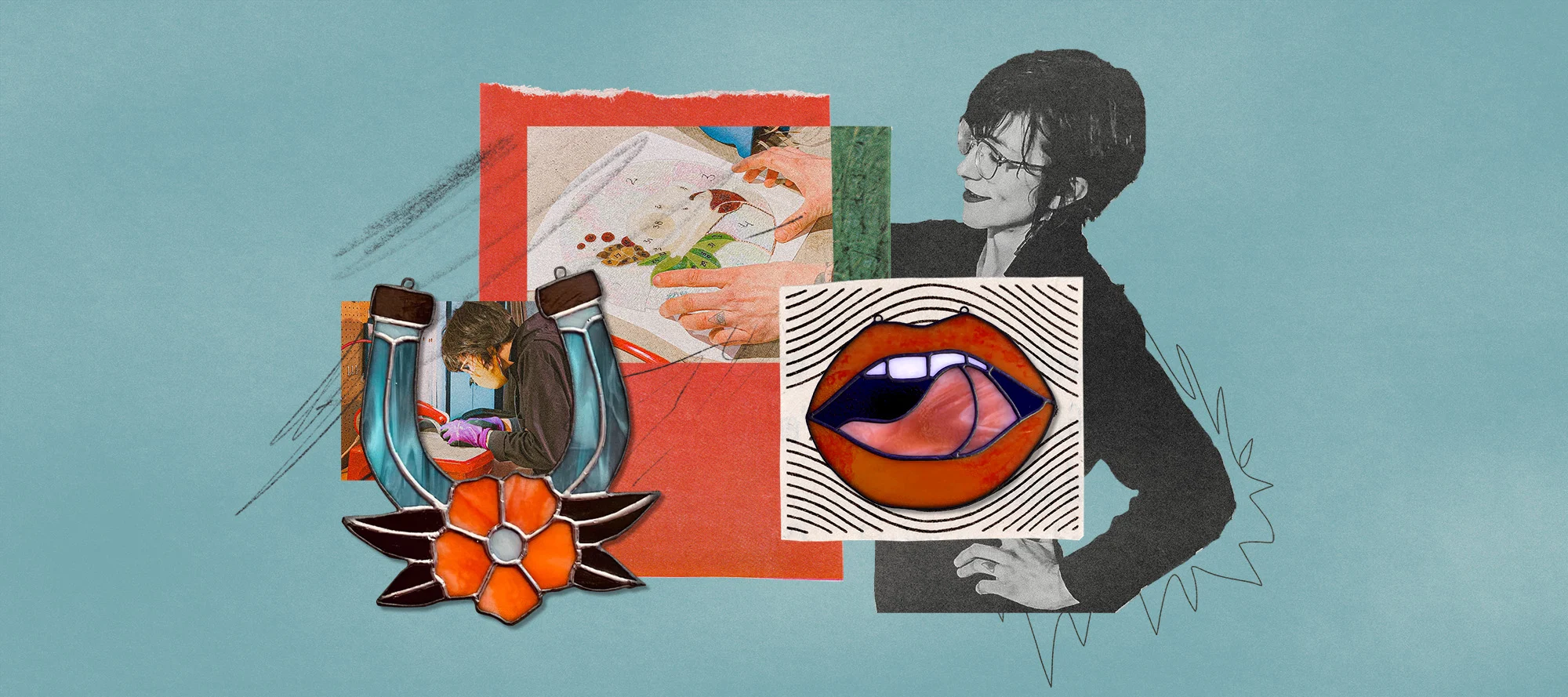Learning to Share Your Work
- 11 April 2022
- ByCamille Gomera-Tavarez

During the dark days of 2020, alone and unemployed in my childhood bedroom, I was reacquainted with my love for the one and only, Jill Scott. On May 9, 2020, she joined Erykah Badu for the most calming Verzuz battle of all time broadcasted to my phone screen via Instagram live. It was during this time that she dropped some knowledge that shook me and my theories on the creative process to the core. She said:
"There's a lot of great writers that are watching us tonight that are holding on to a lot of amazing work — thoughtful work, work that will change lives — because they don't know how people will accept it or receive it. And it doesn't matter. You have to get it out. You're just holding onto something that, at this point, doesn't even belong to you anymore."
It felt like she was speaking directly to me. With my anxieties about COVID and being locked away from the world, came a new creative outlet in poetry. I had a notebook and a Google doc that I would turn to when things got too big and frustrating for regular writing. The poems just poured out of my brain. I turned back to and edited and refined them again and again. All that work just to share the poems with absolutely no one.
“They’re like, really really bad. I suck at poetry,” I’d say if anyone asked what I was working on. Same with the illustrations I made or countless drafts of graphic design projects that never saw the light of day. I watched with envy as my friends posted beautiful new art pieces to their accounts every other day while I just hoarded all these creative projects to myself and distanced myself from social media. And here was Jill Scott, imploring me to wonder, why exactly is this something I do?
There is value in keeping creative outlets to yourself. In art classes, several of my teachers suggested always keeping a sketchbook that was for your eyes only. When we create without the eyes of the public or friends looking over your imaginary shoulder, the work is allowed to be more free and we allow ourselves to make more mistakes.
As creatives, we all have work that we make in silence and store away for ourselves. Or ideas for projects that we keep under a tight lid. It’s vital to create work just for yourself. And there is power in that, sure. Not to mention the fact that, contrary to the principles of capitalism, not everything you do should be for the purpose of monetization. Not all your hobbies need to turn into side hustles.
On the other hand, there is work that we make that falls somewhere outside the margins of personal, therapeutic projects and into the realm of work that deserves the chance to be distributed as art. Work that has an audience waiting to meet it, whether it’s one person or a thousand. That’s one of the main purposes of art – to relate to other people. But, for some reason, we stop our own work before it can get to that point, like an overprotective mother keeping their child from the world. So, it sits locked away in a tower forever. And what’s the point of that? It’s difficult to admit, but like Jill Scott says, it’s important to realize when the work you’ve made “really doesn’t belong to you anymore.”
Let’s face it, sharing your art – online or in person – is embarrassing. It just is. It is a vulnerable practice where, in the case of social media, a tangible value of “likes” is placed on this thing that you spent so much time creating. Even after you decide to share your work, it brings up anxiety and questions like what if nobody interacts on social media? What if people don’t like it? What if someone steals it? As embarrassing as it is, we live in a time where your social media serves as your brand and your portfolio. It may also be your way of reaching clients and connecting with other artists. So, it seems economically unwise not to participate in sharing your art.
I think what it comes down to is recognizing whether you’re hoarding your art because it is personal or whether you are operating from a place of fear. And if it is fear, then what are you so fearful of or lacking confidence in? I’m still working through this insecurity, myself. It is immensely important, as a creative, to get in touch with your own confidence. When you know that the work you make is sick as hell and that you’re a boss and a goddess, the impact of the number of likes or comments you get becomes minimalized. It’s your work, and your social media. You can forge whatever relationship you want with it.
So, make work for yourself, not for likes. If nothing else, remember that none of this matters and we are everyday hurtling towards climate disaster and a burning planet. At the end of the day, who cares? If you are stable and secure in yourself and your work and your purpose, then what is there to fear?
Everytime I shun myself from social media and anxiously turn back to it to post a new work or accomplishment, I am reminded that I do have a community of friends and family that show up to support me. It is easy to forget, in the busy day-to-day of life and constantly producing work, that community is a vital tenet of creative making. It can be a really revitalizing force. Like a two-way street where you provide the content and your audience gives you their energy and encouragement. But you can’t have one without the other. There are people out there that want to support you and your work, trust me. There are even young creatives out there waiting for work like yours to inspire them. You just have to give them the chance to see it.
11 April 2022
Words by:Camille Gomera-Tavarez
Tags
- Share

